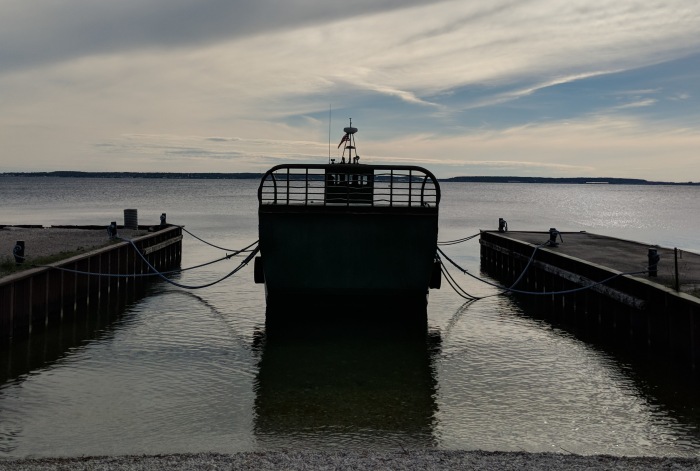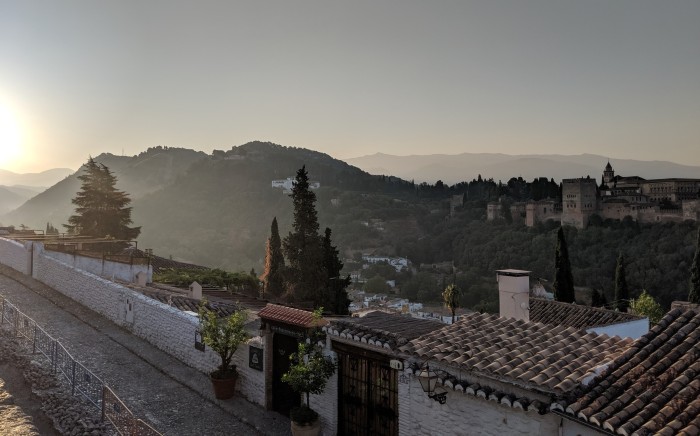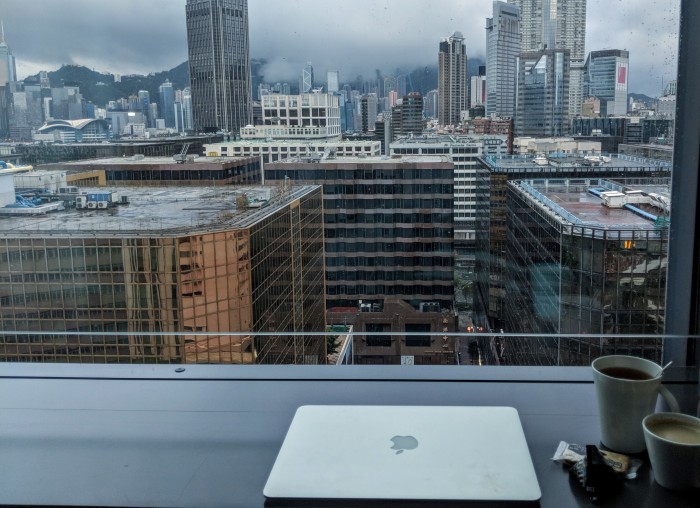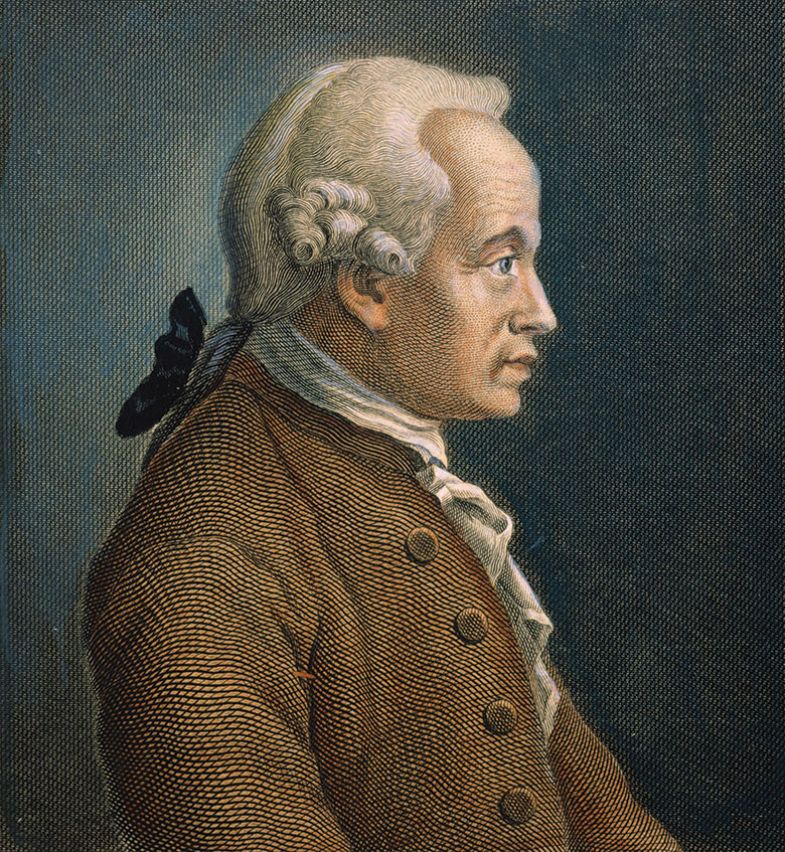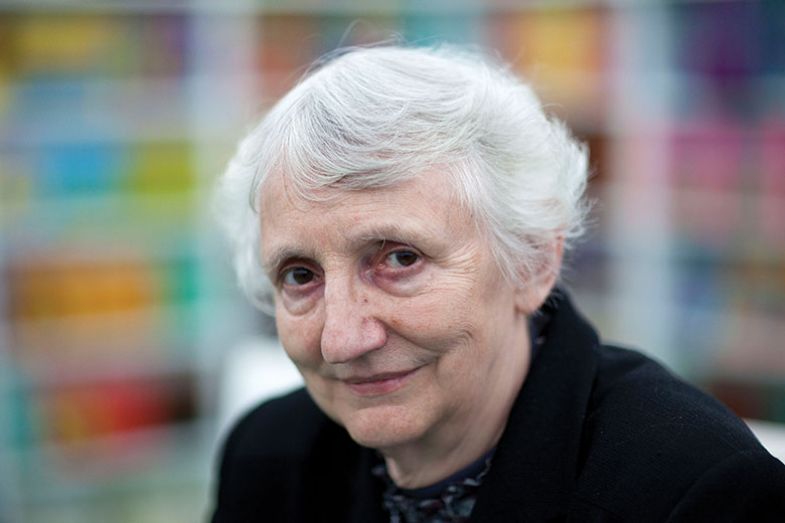 |
| Source: Getty |
It is safe to say that Onora O’Neill is at the heart of the British Establishment. The septuagenarian philosopher has served as principal of Newnham College, Cambridge (1992-2006) and as president of the British Academy (2005-09) and has sat in the House of Lords – as Baroness O’Neill of Bengarve – since 1999. During the 2017 debate about the legislation granting prime minister Theresa May the power to trigger the UK’s departure from the European Union, she felt obliged to “declare an interest”: it was her father, the diplomat Con O’Neill, who had “negotiated the UK’s entry into the Common Market” in the early 1970s.
Nevertheless, as a philosopher, she has never feared following an argument wherever it leads – including on higher education policy. As a legislator, she has taken part in Lords debates about the minutiae of the teaching excellence framework – something she thinks “looks like one of those metrics that bodes ill for that which it is allegedly measuring” – and the precise divisions of responsibility between the Office for Students and UK Research and Innovation.
She has also reflected more abstractly on academic practice, drawing, for instance, on the writing of Immanuel Kant to examine the specific differences in methodology between the sciences and humanities.
And while many of the papers she produced during an academic career that also took in Harvard, Columbia, Essex and Amsterdam universities are clearly aimed at specialists, she reached a much wider public with her 2002 BBC Reith Lectures, titled “A Question of Trust” (she later received a letter from a 90-year-old blind woman informing her that her nursing home had held an informal seminar after each lecture).
The lectures challenged the widespread claim that “we are in the grip of a deepening crisis of public trust directed even at our most familiar institutions and office-holders”. Although “we may say we don’t trust hospital consultants”, for example, we also “want operations – and we are pretty cross if they get delayed … The supposed ‘crisis of trust’ may be more a matter of what we tell inquisitive pollsters than of any active refusal of trust, let alone of conclusive evidence of reduced trustworthiness.”
That might sound like good news for universities and academics, who are among the “experts” that today’s public supposedly trusts less than it did previously. Yet the responses to the “crisis” have had real consequences, even if the alleged trust gap is actually illusory.
“What we have tended to do in the last 40 years is to build up accountability and regulation regimes,” O’Neill tells Times Higher Education, “and we haven’t always done it very intelligently. I would say that’s particularly evident in higher education. We thought it was a terrible thing that universities spent a lot of public money and maybe were not doing it well enough, so let’s hold them to account more, and equally individual academics. And then in many fields we went for metrics, which sound wonderful but create perverse incentives…I think it is problematic when all universities are looking over their shoulders at their scores on [various] metrics.”
This may sound like a conservative (or insider’s) argument for generally trusting professionals to do the right thing, but O’Neill is unapologetic about having moved on from issues of trust to questions of trustworthiness, which is “what really matters”, she now believes. “It’s very miserable if you’re trustworthy but not trusted, but a lot of people have that experience,” she notes, citing the example of her fellow parliamentarians: “I have known a lot of politicians. Very few of them are dishonest. A lot of them are under a great deal of pressure and put up with things that most people in their ordinary lives don’t have to put up with.”
Given that there are obviously dishonest and incompetent politicians in the world, as well as doctors, police officers and even scientists, it is always easy to adopt a cynical perspective. However, “if you want to understand [something], denigration is really an obstacle. It doesn’t get you very far to say ‘they are all scoundrels’ … To understand how institutions work, you have to have a non-individualistic grasp of what is being done and why it’s difficult: the constraints and realities; what else people have to do.”
In that sense, she regrets that her fellow academics have shown little interest in the topic of trustworthiness. In relation to universities themselves, O’Neill believes, taking account of “the complexity of what is being done would be quite a sobering discipline for some who just criticise the institutions. It ain’t easy to take 500 sixth-formers and turn them into 500 early stage professionals in a mere three years.”
One reason that trust in institutions has apparently declined is a perception that they continue to be run as old boys' networks that can often be hostile to outsiders. Those outsiders frequently include women, but O’Neill fears that the modern reaction to sexual discrimination and harassment has got the balance wrong between defiance and victimhood.
She expresses reservations about what she calls “#MeToo-ism”, noting that “some people who have had very hard times feel sustained by not thinking ‘poor little me’, let alone ‘me too’.” And notwithstanding a bizarre incident in Venice when she was 18, during which “a young Englishman sat down beside me, took out a cigarette, burnt my arm and ran off giggling”, she “hasn’t experienced much sexism” during her life. The worst experiences she can recall are from early in her career, when “once or twice I didn’t get a job I reckon I might have got”. However, over the years, “the proportions of women in the British Academy began to rise and reached a perfectly satisfactory level … I’ve certainly noticed a very considerable increase in the number of women elected with no positive discrimination.”
The number of women in the House of Lords has also increased enormously since they were first permitted to sit in 1958; there are now about 200 female members: around a quarter of all peers. Even while speaking to THE, O’Neill takes a phone call to table “an urgent question” in the Lords about “disinformation campaigning”, explaining that a recent report by the Oxford Internet Institute, The Global Disinformation Order: 2019 Global Inventory of Organised Social Media Manipulation, revealed the extent to which “both states and rich individuals within the developed world are subverting other people’s elections”. Yet, after 20 years as a cross-bencher, she feels she is “coming to the end of my time and tether” in the Lords (she will be 79 this year).
Another area in which O’Neill feels we have currently got the emphasis wrong is rights versus responsibilities. “In the 1940s,” she claims, “it looked as if ethical standards were falling away under the mindless assault of logical positivism, so we had to hold fast to things which matter, such as human rights.”
The four years she spent, between 2012 and 2016, as chair of the UK’s statutory Equality and Human Rights Commission are testament to her insistence that “human rights do matter”. But she adds that they “are not all that matters”. And she complains that “some people seem to think there’s nothing wrong unless you’ve violated someone’s right. And that is bizarre, since it abandons the whole European tradition of asking ‘What do I do?’, rather than ‘What do I get?’” By this, she means that the emphasis on rights has led to a neglect of “what were traditionally called perfect duties – civility, decency, truthfulness, honesty”. By this logic, if incivility, for instance, does not breach anyone’s specific rights, there can be no ethical objection to it.
This might sound like an interesting but rather rarefied train of thought, but O’Neill believes that it has blinded academics and others to some worrying developments when, for example, they were more concerned about the right to privacy than the duty to use data responsibly. As a result, the rise of social media was greeted by “euphoria that new technology is going to enable a wider, deeper democracy where everybody can participate and express themselves. And that is not at all what has happened. On the contrary, the control of this system of expression is in the hands of people who sell it to anonymous customers. It looks as if we spent too much time talking about privacy but didn’t think enough about the fact that the system was giving anonymity to the powerful.”
So where does O’Neill see the role of academics in a “post-truth” society in which different tribes congregate in easily manipulated social media echo chambers?
On one level, she says, the idea of “post-truth” is somewhat spurious – we would never ask directions if we didn’t believe other people were generally likely to give us honest answers, she points out. However, she does concede that “there is probably more evidence for a crisis of trust today [than there was in 2002, when she gave her Reith Lectures], because so much communication is mediated by digital technologies and quite different intermediaries from publishing and broadcasting … Astute micro-targeting means that people will gradually come to think something is plausible which is in fact invented.”
Although O’Neill admits that “the degree to which populism would grow was not foreseen” by most scholars, the decline of serious journalism and broadcasting means that academics are becoming “the last bulwark of serious evidence-based discussion”. Unfortunately, younger members of the profession “are having to work untold hours in the gig economy, to be research-productive at a stage of life when it wasn’t demanded of me. (I felt embarrassed when I came back from the US in my mid-thirties and had published quite a lot – how vulgar!) So most have their noses down and don’t engage in public debate.”
Where O’Neill sees signs of hope is in the growth of wider institutions committed to evidence-based policy such as – in the UK – the Science Media Centre, campaign groups such as Sense about Science and independent fact-checking websites such as Full Fact, as well as “the more outward-looking activities of the national academies, even the royal colleges and the Royal Statistical Society”.
“There’s been a sort of migration,” she says. “It is more difficult for a critical voice to be associated with a university because you are being monitored. But you can take your [university] hat off, jump over the fence and become a member of one of these bodies. There’s quite a lot going on.”
Over the course of her career, O’Neill has pioneered the study of issues such as children’s rights, while also writing a good deal about more familiar philosophical topics. Her Reith Lectures set out to “look at trust from a more philosophical but also, I hope, more practical standpoint: these [perspectives] go together quite naturally”.
Of course, not everyone would concur with that proposition. But O’Neill is adamant about the virtue of using the great thinkers of the past to illuminate the urgent problems of today. And, for her, one of the greatest of thinkers is Kant, famous in moral philosophy for his “categorical imperative”, the most famous formulation of which states, roughly, that people should act only according to principles that it would be rational for everyone to follow (the principle of "universalisability").
“Thinking philosophically doesn’t mean you necessarily get answers to everything, but it does give you some disciplines which rule out certain things,” she observes. “It is a matter of thinking rigorously, not in gestures. One of the domains in which rigour is most needed is in practical reasoning, reasoning about action …
"If I’m to give you a reason for doing something, I must at least think it’s something you can understand, follow and adopt. If I’m to offer everyone a reason for doing something, I have to choose something everybody could follow. That’s all that Kant’s categorical imperative is. You see how simple it is.”
Generations of philosophy undergraduates may disagree – but we should probably trust the expert.
